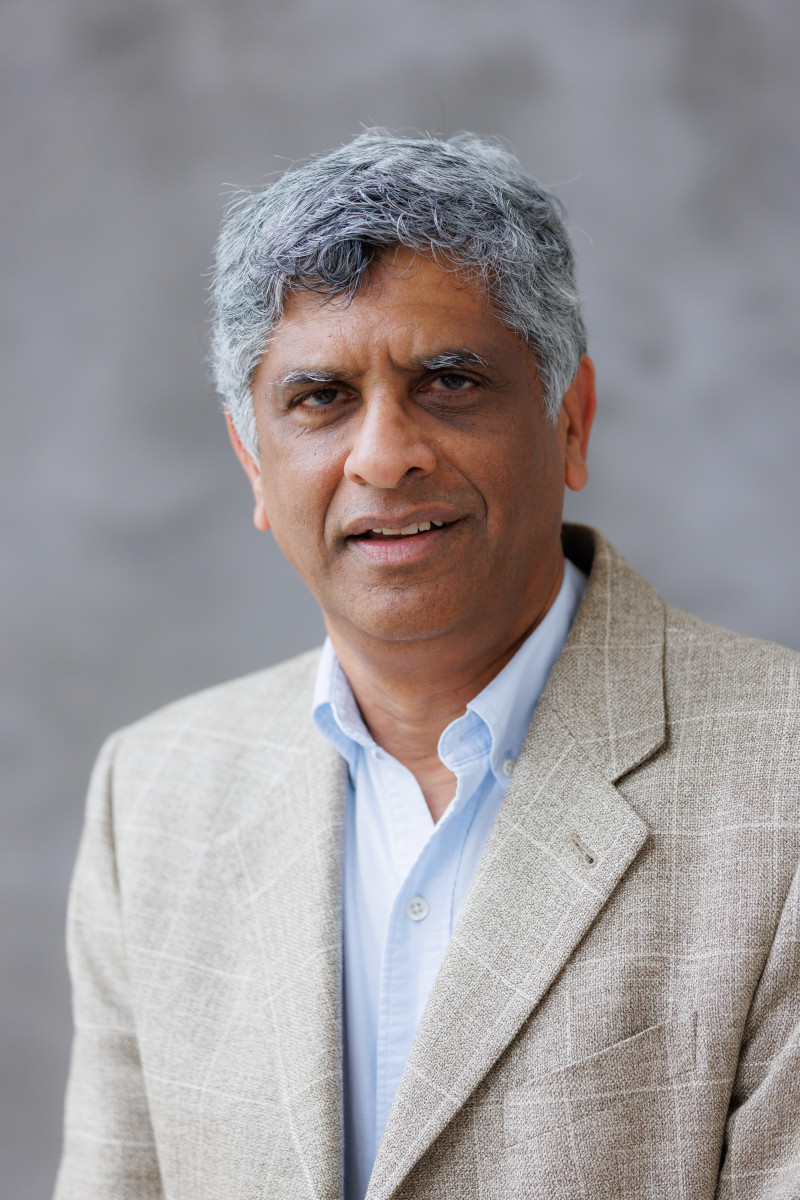
The University of Alabama College of Engineering recently named Dr. Rajiv Doreswamy as director of space technology and engineering research. In this role, he will work across the College and other academic divisions to lead the development of a strategy and execution plan for the University in all areas of space exploration.
“We are pleased to have Dr. Doreswamy join us in this new role,” said Dr. Tim Haskew, the College’s associate dean for research and economic development. “He brings a wealth of experience from his previous positions and will provide invaluable insights and guidance as we seek to position the College of Engineering as a leader in space-related research.”
Doreswamy comes to UA after a 35-year career at NASA, where he held positions in design engineering and program and project management. He most recently led the Exploration and Transportation Development Office at NASA’s Marshall Space Flight Center in Huntsville, Alabama. In this role, he was responsible for managing the MSFC’s efforts in key human exploration focus areas, including Commercial Crew Launch Vehicle Systems, the Orion Launch Abort System and Cross Program Systems Integration, as well as providing systems engineering support to the Artemis program and developing the architecture for future exploration programs focusing on the moon and Mars.
“I am very excited to join the University and College of Engineering in this new role,” Doreswamy said. “UA can make a real difference in developing and advancing the technology to enable and improve our ability to live, work and learn in space. I am looking forward to working with great people to enhance UA’s capability, develop partnerships and help the University play a leading role in the future of space exploration.”
In 2021, Doreswamy served as the acting director of NASA’s Space Grant Program. Space Grant is NASA’s flagship STEM education program. With a budget of more than $60 million, it supports 52 consortia in all 50 states, D.C. and Puerto Rico. The program has over 1,000 affiliated institutions and provides practical, hands-on experience to students in the form of research grants, internships and fellowships.
Previously, he was the manager of the National Institute for Rocket Propulsion Systems at NASA’s Marshall Space Flight Center. In this role, he led a team of professionals that served as the NASA focal point for ensuring that the nation’s rocket propulsion industrial base has the skills, facilities and personnel to serve the nation’s needs for the design, development and research of rocket propulsion systems in the United States. He was also the deputy manager of Program Planning and Control for the Ares Projects Office. In addition to his time at NASA Field Centers, he spent five years at NASA headquarters and more than a year at NASA’s Deep Space Communication Complex in Canberra, Australia.
Doreswamy earned three degrees in electrical engineering. He holds a bachelor’s degree from the University of Florida, a master’s degree from Auburn University and a doctorate from The University of Alabama.
“Space exploration and the efforts to develop technology to enable space exploration will be key drivers for economic growth and improving quality of life, not just for the state but for the nation and the world,” Doreswamy said. “UA has the advantage of being close to a key center in Huntsville, which is rapidly becoming a center of focus in space exploration in both the government and commercial domains. Space can provide an opportunity to engage faculty and staff, attract graduate students, and develop new areas of research and service.”